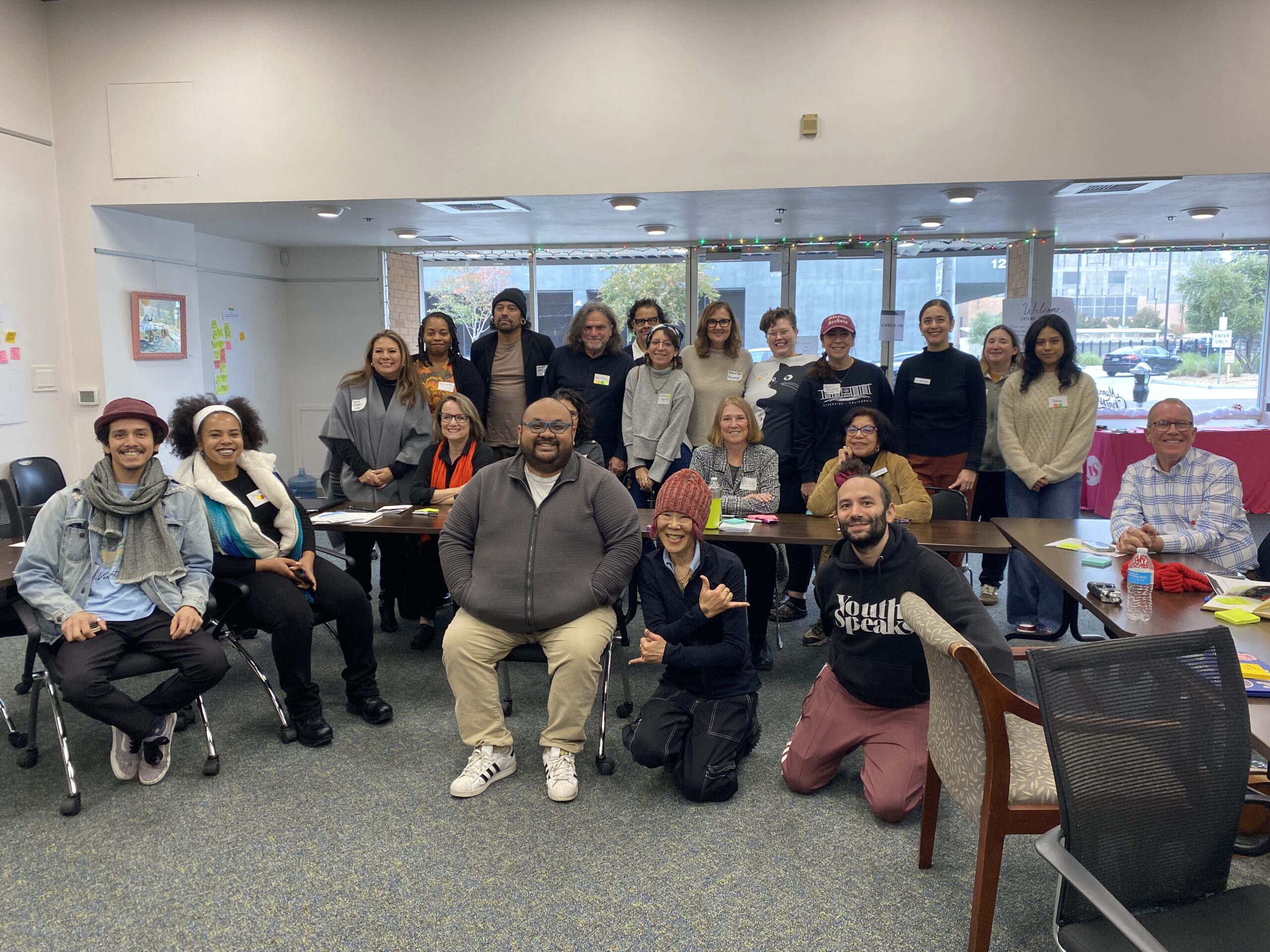On August 26, 2009, we held a first “Safe Zone Forum” on the topic of youth homelessness. The forum was held at The kNOw’s office in order to ensure safety and create a respectful environment, and no outside adults or media were allowed.
This was just last week and it’s hard to summarize the powerful conversation. None who attended were literally homeless, but as we started unpacking what it meant to be on the verge of adulthood and the many transitions ahead, stories came out of the woodwork.
One girl said she is dreading her 18th birthday (which most youth celebrate with glee) because while her foster parents have said they won’t kick her out, she knows that if the slightest thing goes wrong that they can.
[pullquote_right]One girl said she’s scared that the chaos of moving and living in a hotel are going to jeopardize her plans to catch up on credits she missed last school year.[/pullquote_right]Another confessed that he has to leave the transitional housing center where he lives within five days, because he broke a rule, and his only option is to seek out and find his mother, who is a prostitute and hasn’t cared for him in years.
Another said her mom just told her the night before they are losing their apartment, and she’s scared that the chaos of moving and living in a hotel are going to jeopardize her plans to catch up on credits she missed last school year.
As these stories came out, the young people themselves stepped up with ideas and support, “Stay in school, whatever you do. It’s the best way for you to support your family in the long term.” Or, “I got Section 8 and can take you to the office and help you start the confusing paperwork process.” And, “My dad mows lawns and people tell him when they have vacancies in their buildings, so I’ll ask him for you.”
While our idea/mandate for the safe zone forums (we will hold 4 each year for the next two years) was to develop recommendations that youth can present to decision makers in Fresno for system-level change, we found this week that what young people need is a structured place to ask for help and get a range of advice and support from each other, free of bureacracy.
They hold many of the answers for each other.


